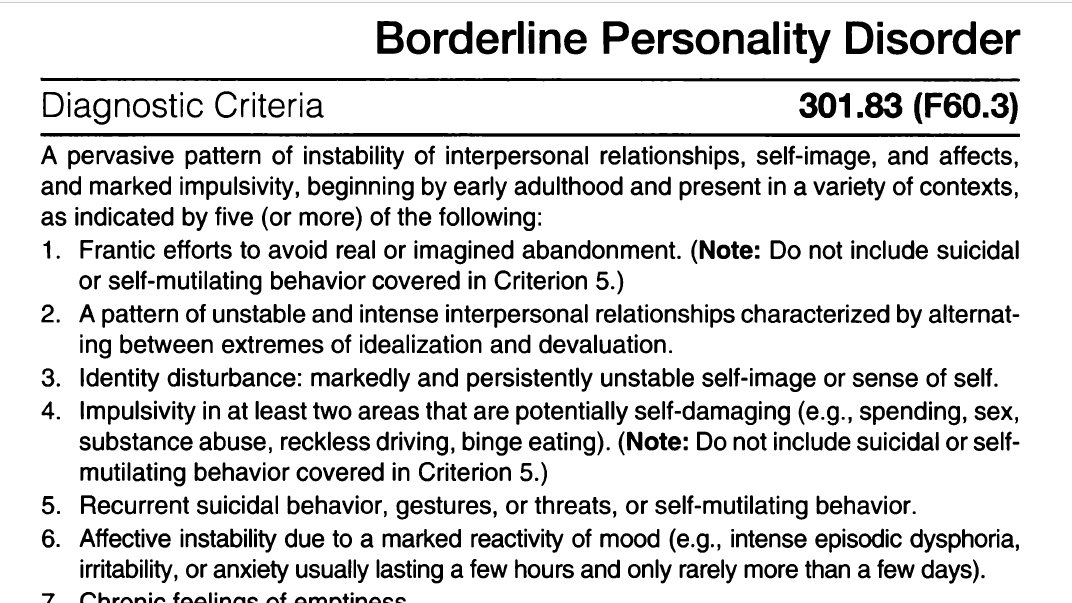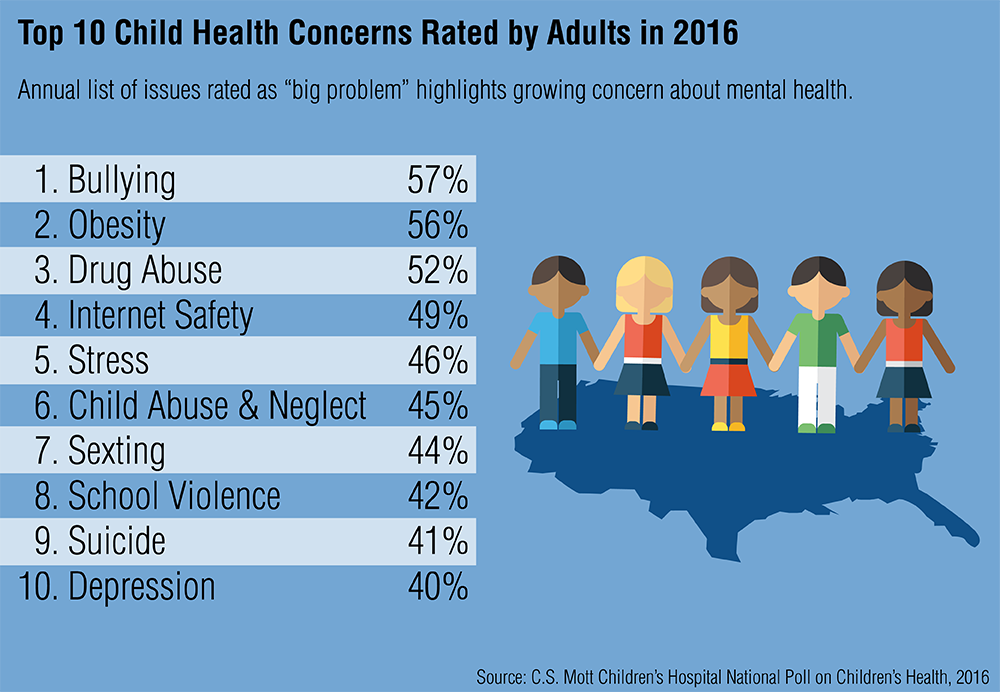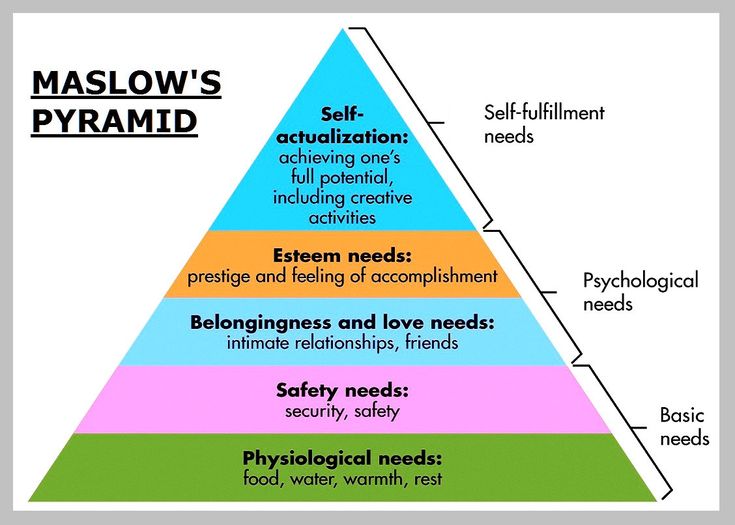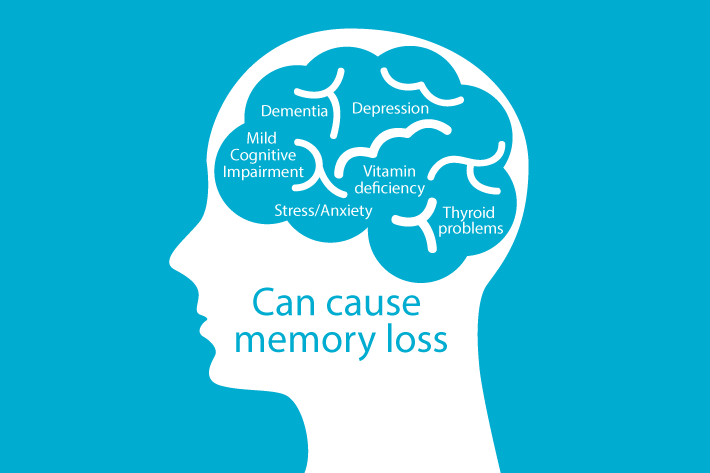Advice giving in counseling
What counselors do – and what they don’t: giving advice.
You’ve arrived for your counseling session and have prepared your burning question for an ongoing situation: “what should I do”? You’ve waited for this moment. What you did not prepare for, however, is the response from your counselor “giving advice is actually not part of my job”. Confused, disappointed, (and possibly a little frustrated) you wonder what counselors do anyways if not give advice.
Humans frequently seek advice from their family, friends or colleagues. So, it is understandable why clients may see an opportunity to ask their counselor advice, too. Sometimes clients have expectations that their counselor will provide them with solutions or “quick fixes” for their troubles. This expectation can come from misinformation about counseling in the media, particularly what is displayed on television/film. This portrayal is typically inaccurate of the responsibilities of a counselor. However, it is commonly believed – you aren’t alone! Additionally, clients may believe that the counselor is the professional and knows what to do in a given situation.
In actuality, counselors don’t know what would be best and avoid giving their clients advice altogether. Here’s why:
Giving advice is not part of their job (really). In fact, most counselor preparation programs, agencies, and practices consistently reiterate why providing advice is not appropriate for a counselor. There are multiple reasons for this, including the fact that counselors and their clients have different lived experiences. What may be suitable for the counselor could be harmful for the client. Additionally, the American Counseling Association Code of Ethics prohibits counselors from imposing their own values, attitudes and beliefs on a client. Advice giving could easily violate this ethical code.
Giving advice can hinder clients’ growth. Believe it or not, advising clients on what to do can cause them more harm than good. Providing advice can increase the client’s dependence on the counselor. By relying on advice from a counselor, the client learns that they are incapable of making their own decisions. This prohibits the client from growth as the counselor acts as a rescue. By encouraging the client to trust in their own decision-making skills, clients can increase their confidence.
This prohibits the client from growth as the counselor acts as a rescue. By encouraging the client to trust in their own decision-making skills, clients can increase their confidence.
Though there may be a time and place for advice based on the counselors style and therapeutic judgement, the standard belief of counselors is that advice is not appropriate. So, now that you have a deeper understanding of what counselors don’t do on this matter, let’s look at what counselors do instead:
- Provide a safe environment to process situations and emotions
- Offer support when client’s need to make difficult decisions
- Assist clients in exploring the various choices available
- Empower clients to trust in their own decision making skills
- Help guide clients through a self-discovery process
- Weigh the possible impacts of certain decisions
- Set treatment goals related to increasing autonomy and decisiveness
- Explore and uncover client’s motivations, values and desires
- Introduce skills and tools for a client to utilize outside of session
- Operate on the belief that client’s know what is best for their lives
The examples listed above all stem from a common belief – the client is the expert. These actions by the counselor help support this belief by encouraging the client’s autonomy and self-exploration. Rather than taking on the role of “advice-giver”, these actions provide support and guidance in hopes to enhance the client’s belief in self. If you are curious to learn more, asking your counselor their belief on advice giving will help you set expectations for your therapeutic process and learn more about your counselor.
These actions by the counselor help support this belief by encouraging the client’s autonomy and self-exploration. Rather than taking on the role of “advice-giver”, these actions provide support and guidance in hopes to enhance the client’s belief in self. If you are curious to learn more, asking your counselor their belief on advice giving will help you set expectations for your therapeutic process and learn more about your counselor.
References
MedCircle. (2020, February 9). Seven Things A Therapist Should Never Do. https://medcircle.com/articles/what-a-therapist-should-not-do/
The Rosenzweig Center for Rapid Recovery, LLC. (n.d.). Why Most Therapists Don’t Give Advice to Their Clients. The Rosenzweig Center for Rapid Recovery. https://acceleratedresolutiontherapy.com/therapists-dont-give-advice-clients/
To Give or Not to Give Advice
This week I had parallel experiences in both of my professional contexts. In supervision, one of my students talked about working with a client who was dealing with a relationship concern. My student has some definite opinions about it. He asked me, “Is it ok for me to tell my client what I really think about the issue?”
My student has some definite opinions about it. He asked me, “Is it ok for me to tell my client what I really think about the issue?”
Then just a couple of days later in my own practice, a client was expressing some concerns they had with a family member. My client wanted to know what I thought they should do when they and their family members got into complex financial decisions. My first thought was to say to the client, “Protect yourself at all costs. Your family is not looking out for your interests.”
In the first situation, the client isn’t asking the student’s opinion. But he has one and feels at least somewhat compelled to share it. In the second situation, the client comes right out asking for advice. And I was tempted to give it—but stopped myself.
The ethics of giving advice as a therapist
When we have a certain position on the topic at hand, should we share our view? Is it ethical to share our opinions with, or give advice to, clients? What might make our advice beneficial for the client, and what arguments can be made against giving advice? What kinds of advice might be helpful and what kinds might be harmful?
We (Mitch and I) wrote about this issue in Ethics for Psychotherapists and Counselors: A Proactive Approach. We encouraged readers to think about several issues before giving advice, including:
We encouraged readers to think about several issues before giving advice, including:
- What are my motivations for giving the advice? Sometimes giving advice makes therapists feel important and knowledgeable, but is ineffective. Sometimes, it may even foster a non-therapeutic dependency such that clients do not learn how to solve problems themselves but merely how to ask for more advice.
- How often am I giving advice? Remember the old saying about teaching a person to fish? Therapists who give too much advice may merely be giving clients fish but not teaching them skills to catch fish.
- How do I know that my advice is good advice? Is my advice based on research, or only upon the experience of one person—me?
- Am I crossing a boundary? Therapists may be encouraging clients to use the therapist’s values to make their decisions rather than exploring their own values.
- Would I take my own advice if I were the client?
Substantive advice vs.
 process advice
process adviceIn our book, we distinguished between two types of advice: process advice and substantive advice. Substantive advice is when therapists impose or give specific suggestions for specific solutions to problems. It’s essentially telling people the solutions to problems. We believe this type of advice is often counterproductive.
The second type, process advice, is when therapists teach their clients strategies for how to solve problems. To say, “You might want to think about your commitments in terms of your own values and well-being,” for example, is different than saying, “I think you should dump the jerk!” First advice—process. Second advice—substantive (although a little extreme).
Of course, when my supervisee asked whether he should tell his client his views, he was asking for my advice, right?
This post was co-written with Mitchell M. Handelsman, Ph.D., whose blog is The Ethical Professor, and who co-authored the book Ethics for Psychotherapists and Counselors.
To find a therapist, please visit the Psychology Today Therapy Directory.
19. Attitude towards advice in psychological counseling
Yu.E. Aleshina formulates this principle strictly - as a ban on giving advice in general. AT In favor of this, she cites the following arguments:
-
guaranteed it is impossible to give advice to another: life each is unique and unpredictable;
-
advising consultant takes responsibility for what is happening that does not contribute development of the personality of the counselee and his adequate attitude to reality; the client develops a passive and superficial attitude to what is happening;
-
any failures in the implementation of advice usually attributed to the consultant as the giver advice to authority, which, of course, interferes with the client's understanding of their role in ongoing events.
AT addition to this V. V. Stolin put forward in favor of rejecting specific recommendations in the process of psychological counseling the following arguments:
V. Stolin put forward in favor of rejecting specific recommendations in the process of psychological counseling the following arguments:
Before coming to psychological counseling the client had much more time for rational understanding of the situation what does a psychologist have; Against this backdrop, advice psychologist will most often look like how precocious.
Although client and seeks advice more often just for advice, he may unknowingly be afraid of direct advice, because accepting such advice means in some degree of incompetence in your own life.
However other authors believe that in certain cases of advice in psychological counseling is acceptable and justified. So A.F. Kopiev believes that especially on early stages of counseling admissible to advise, as it is quite organically genre nature of the conversation avoiding counseling advice would make communication artificial. Advice can act here as:
■support, empathy for the client
■ most convenient updating in the mind of the client moral standards;
■ indicator to detect ignored by the client forms of behavior.
N.V. Samoukina believes that to advise in psychological counseling can in cases where:
■ customer is in a crisis, dangerous for him life situation and at the moment not able to make decisions;
■ customer closed for dialogue, and his actions cause psychological damage to loved ones; the advice of a psychologist in this case can be stated in a directive form, literally like a prescription, a prescription;
■ if the client is active, acts and needs only in qualified information like "how to".
By mistake N.V. Samoukina considers aspiration counseling psychologist required give useful advice, because advice diverts the client's attention from the analysis himself, closes the movement client on the way to himself. She is believes that if the client is open to dialogue, you should refrain from advice.
So Thus, we see that counseling psychologists trying to limit in one way or another himself from giving advice if, after all, you have to give them, then they do it consciously, tracking the psychological meaning of this advisory action and commensurate its results with their own advisory purposes. They have a clear idea of the desired and undesirable consequences of advice in psychological counseling and regulate their dacha activities advice in accordance with these ideas and consequences of advice in each specific advisory case. This is what we call careful. attitude towards advice.
They have a clear idea of the desired and undesirable consequences of advice in psychological counseling and regulate their dacha activities advice in accordance with these ideas and consequences of advice in each specific advisory case. This is what we call careful. attitude towards advice.
36. Attitude towards advice in psychological counseling.
Word "Counseling" comes from the Latin. - consult, take care of, consult. Under this word in Russian advice, clarification an expert on a subject conversation to broaden and deepen knowledge. Literally "advise" - means to give advice on problem. Cautious attitude towards advice. Yu.E. Aleshina formulates this principle more strictly - as a ban on giving advice in general. In support of this, she cites the following arguments:1.Guaranteed advice it is impossible to give to another: the life of each unique and unpredictable.2.Advising, consultant takes responsibility for what is happening that does not contribute development of the Personality of the counselee and his adequate attitude to reality; the client develops a passive and superficial attitude towards 3.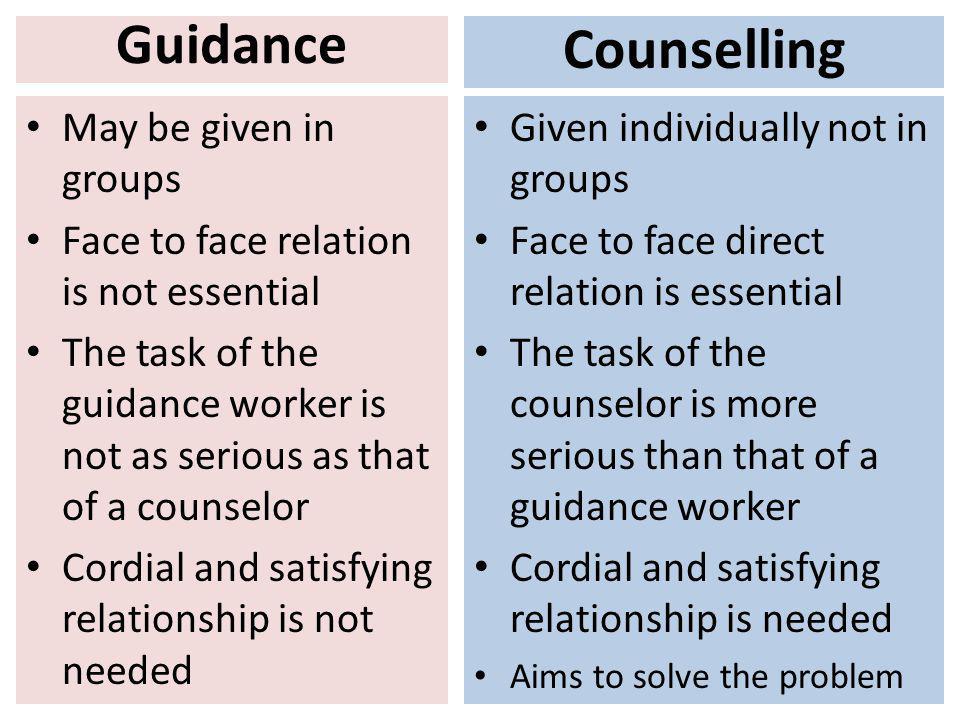 Any failures in the implementation advice is usually attributed to a consultant as giving advice to an authority that, naturally hinders understanding by the client their role in the events. Stolin put forward in favor of abandoning concrete recommendations in the process psychological counseling the following arguments: 1.Before coming to psychological counseling client had much more time for rational understanding of the situation what does a psychologist have; Against this backdrop, advice psychologist will most often look like as precocious.2.Although the client is applying in consultation most often for advice, he may be unknowingly afraid of direct advice, because to accept such advice means to some extent acknowledge himself incompetent in his own life. So A.F. Kopiev believes that especially in the early stages counseling is permissible to advise, since it is quite organic genre the nature of the conversation and the avoidance of advice on the part of the consultant would communication is artificial.
Any failures in the implementation advice is usually attributed to a consultant as giving advice to an authority that, naturally hinders understanding by the client their role in the events. Stolin put forward in favor of abandoning concrete recommendations in the process psychological counseling the following arguments: 1.Before coming to psychological counseling client had much more time for rational understanding of the situation what does a psychologist have; Against this backdrop, advice psychologist will most often look like as precocious.2.Although the client is applying in consultation most often for advice, he may be unknowingly afraid of direct advice, because to accept such advice means to some extent acknowledge himself incompetent in his own life. So A.F. Kopiev believes that especially in the early stages counseling is permissible to advise, since it is quite organic genre the nature of the conversation and the avoidance of advice on the part of the consultant would communication is artificial. Council may act here in the role of: 1.support, empathy to the customer;2.most convenient updating in the mind of the client moral standards;3.indicator for client detection of ignored forms behavior. N.V. Samoukina believes that advise in psychological counseling is possible in cases where: 1. The client is in a crisis, dangerous for his life situations and the moment unable to make decisions 2.client closed for dialogue, and his actions cause psychological damage to loved ones; the advice of a psychologist in this case can be stated in a directive form, literally like a prescription, a prescription; H. if the client is active, valid and only needs qualified "how to" information. By mistake N.V. Samoukina considers aspiration psychologist-consultant required give helpful advice as advice is confusing client's attention from self-analysis, closes the client's movement along the way to himself. She believes that if the client is open for dialogue, then you should refrain from advice.
Council may act here in the role of: 1.support, empathy to the customer;2.most convenient updating in the mind of the client moral standards;3.indicator for client detection of ignored forms behavior. N.V. Samoukina believes that advise in psychological counseling is possible in cases where: 1. The client is in a crisis, dangerous for his life situations and the moment unable to make decisions 2.client closed for dialogue, and his actions cause psychological damage to loved ones; the advice of a psychologist in this case can be stated in a directive form, literally like a prescription, a prescription; H. if the client is active, valid and only needs qualified "how to" information. By mistake N.V. Samoukina considers aspiration psychologist-consultant required give helpful advice as advice is confusing client's attention from self-analysis, closes the client's movement along the way to himself. She believes that if the client is open for dialogue, then you should refrain from advice.


